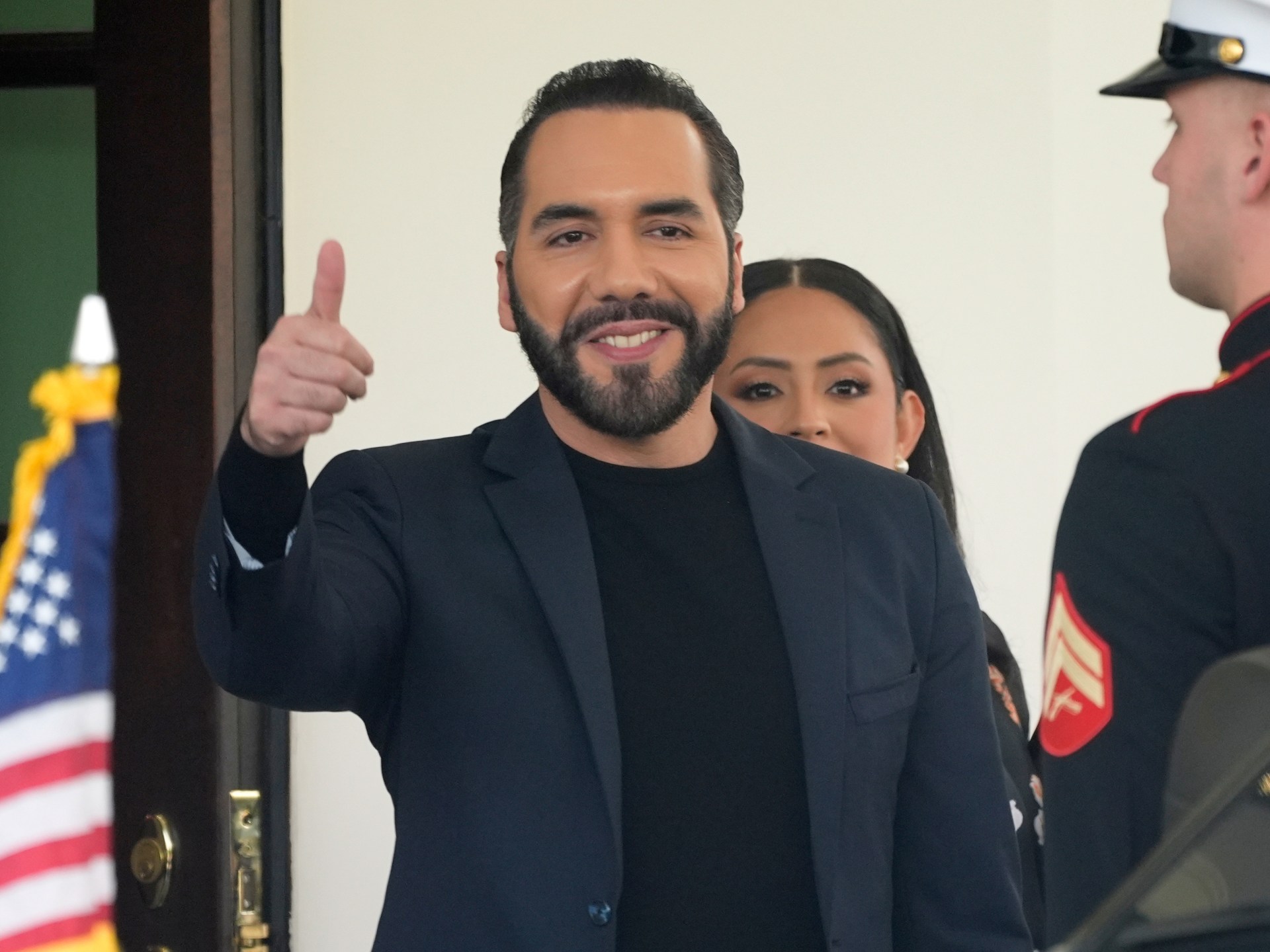A law approved by the Congress of El Salvador as a censorship tool intended to silence and criminalize opposition by nongovernmental organizations critical of President Nayib Bukele has been harshly criticized by human rights organizations, politicians, and experts.
Bukele’s proposal was drafted without standard legislative procedures, and it was approved by a Congress on Tuesday night under his strict control of his New Ideas party.
In 2021, Bukele first attempted to pass a similar law, but the full Congress never passed it due to strong international opposition.
According to Bukele, the law aims to combat corruption and foreign influence. Following the government’s series of actions that raised questions about whether the nation might be on the verge of a new wave of crackdowns, it comes at a time when. Critics warn that it is in line with the policies put forth by the governments of China, Venezuela, Russia, Belarus, and Nicaragua.
More details about the critics’ sources can be found here:
What is stated in the law?
Anyone who uses or receives foreign funding to operate in El Salvador must register under the law, whether it be an individual or organization, whether local or foreign.
A 30% tax will apply to all payments made to these groups, whether in the form of cash, goods, or services. The tax-related method of use is not specified in the final law passed.
Bukele’s law, which requires individuals working for foreign governments and entities to register, is much wider in scope and gives him greater authority. Since it is frequently challenging to raise money in their own countries, it is a recurring occurrence in the poorer nations of Latin America.
According to experts, the law could broadly define a “foreign agent” and include:
- Human rights organizations
- associations in the community
- Independent media
- Startups or businesses that have been funded by foreigners
- Religious organizations
- International organizations of assistance
New guidelines for NGOs
A new government body, the Registry of Foreign Agents, will be established under the law, known as the RAEX, which will have extensive authority, including establishing requirements for registration, approving or rejecting applications, revoking or declining to renew registrations, and demanding any kind of documentation or information at any time.
Some NGOs may request exceptions, but RAEX will decide which ones are allowed to operate there. Due to the country’s lack of funding, El Salvador’s approximately 8, 000 NGOs are frequently dependent on foreign donations.
Some of those organizations have long had a negative relationship with Bukele, including his decision to renounce important constitutional rights in order to crack down on gangs in the country and seek re-election despite clear constitutional prohibitions.
What guidelines must NGOs follow?
- They must file a report on all donations’ sources and purposes with RAEX.
- They must adhere to anti-money laundering laws, use the banks for transactions, and maintain accurate accounting records.
- Without registering, they cannot operate.
- They are not permitted to engage in political activities or behaviors that threaten the public or national security.
- Without defining it as such, they cannot use foreign donations to carry out undeclared operations or share information with foreign donors.
The rules can be broken by violators, with fines ranging from $100 000 to $250 000, and possible closure.
Why now, exactly?
Because he now has authority spread across all levels of government, critics claim that Bukele resurrected the law. He is encouraged by his political ties to US President Donald Trump.
Shortly after a police crackdown that resulted in two arrests of people outside his home, Bukele made the law public.
Additionally, it comes in response to several Bukele-related pronouncements that have raised questions about the self-described “world’s coolest dictator”‘s crackdown on dissent.
- One of Bukele’s most vocal critics, Cristosal, was detained by the government just two days before the law was passed on corruption charges.
- Bukele’s social media posts caused the government to defy an order, which the head of the bus companies received.
- After publishing reports on the president’s connections to gangs, journalists with the investigative news agency El Faro said they were forced to flee the country.
What are critics’ opinions?
- The law, according to opposition lawmaker Claudia Ortiz, “gives the president excessive levels of control” and is “an authoritarian tool for censorship.” It is obvious that only groups that support the government will receive exemptions, and those who support corruption or abuse will be punished, she said.
- The Foreign Agents Law, according to lawyer Roxana Cardona of the NGO Justicia Social y Controlara Ciudadana, seeks to halt organizations that support marginalized groups or promote civic participation.
- This is a result of the government’s growing repression, according to Eduardo Escobar, Acción Ciudadana’s director. It has an impact on constitutional rights like the freedom of association and freedom of expression.
- The objective is to regulate civil society’s funding, especially those that are opposed to the government, according to lawyer and analyst Bessy Ros.
Source: Aljazeera

Leave a Reply